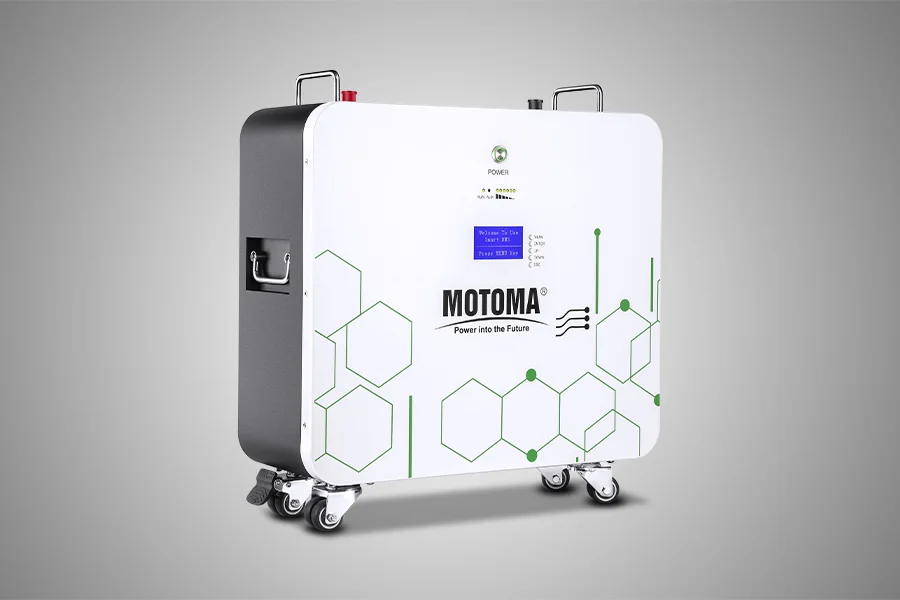Home battery energy storage is a better and more sustainable alternative to a backup generator. These systems are designed to store the excess solar power from your solar panels to use at another time when you need it.
What is the Home Battery?
A home battery is a device that stores energy and can be used to power your home in the event of a power outage. Home batteries come in various sizes and shapes, but most are small enough to fit in a closet or under a bed.
Home batteries work by storing energy from the Solar system or grid during times when electricity rates are low and then releasing that energy back into the grid during times when electricity rates are high. This helps to even out the peaks and valleys of electricity demand, making the grid more efficient and saving you money on your electric bill.
Home batteries can also provide backup power during a power outage. Having a home battery can ensure that your family has access to power during an emergency.
If you’re considering adding a home battery to your energy mix, you should keep a few things in mind. First, make sure to do your research and choose a reputable brand. Second, consider whether you want a standalone battery or one integrated with your solar panel system. And finally, be sure to factor in the installation and maintenance costs when deciding.
How Does it Work? Setup, Charge Storage, and Discharge Processes
How Does it Work? Setup, Charge Storage, and Discharge Processes
The home battery energy storage system is a versatile tool that can store excess energy from renewable energy sources, like solar panels. The stored energy can offset your electric bills or power your home during a power outage.
If you have solar panels installed in your home, the battery will store any excess energy that your solar panels produce during the daytime. This stored energy can offset your electric bills or provide power to your home during a power outage. If you don’t have solar panels, you can still use the battery to offset your electric bills by charging the battery with grid-supplied electricity during off-peak hours when electricity rates are lower.
To set up your home battery storage system, you’ll need to install the batteries and connect them to either your renewable energy source (if you have one) or the electrical grid. Once installed, the batteries will automatically begin charging when renewable energy is available, or electricity rates are low. And if there’s a power outage, the batteries will provide power to your home until grid power is restored.
Pros and Cons of installing a Home Battery energy storage system
Installing a home battery energy storage system has pros and cons that should be considered before investing.
The Pros:
-A home battery energy storage system can help you save money on your electric bill.
-You will have a backup power source in case of a power outage.
-Your carbon footprint will be reduced since you will use fewer fossil fuels.
-Home battery systems can increase the value of your home.
The Cons:
-Home battery systems can be expensive to purchase and install.
-They require maintenance and upkeep.
-There is always the risk that the batteries may not work as expected or may not last as long as projected.
How does a home battery energy storage system benefit different types of households and occupants?
Different types of households and occupants can benefit from a home battery energy storage system in different ways. For example, a family with young children may benefit from having a backup power source in case of a power outage. A household with an elderly occupant may appreciate the ability to store solar energy during high electricity rates. And home/business owners may find that a home battery helps them keep their business running smoothly by providing a reliable and cost-effective power source.
Conclusion
A home battery energy storage system is a great way to save money on your electricity bill and be more prepared for power outages. By understanding how these systems work, you can make an informed decision about whether or not one is suitable for your home. We hope this article has helped you understand how home battery energy storage systems work and what benefits they can offer.




